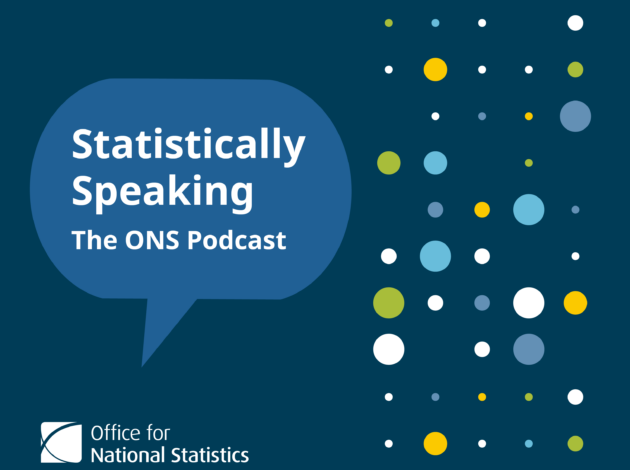How ethnicity recording differs across health data sources and the impact on analysis

With growing concerns about the mortality outcomes for different ethnic groups during the COVID-19 pandemic, researchers worked quickly to understand…
Read more on How ethnicity recording differs across health data sources and the impact on analysis


